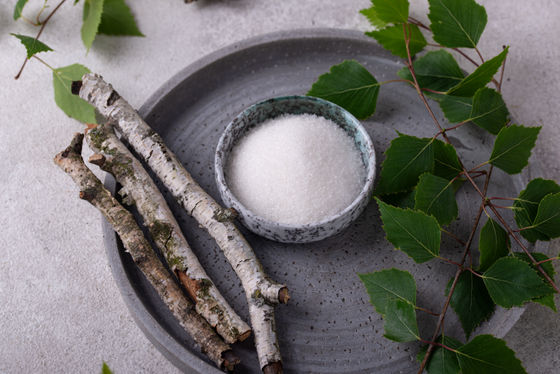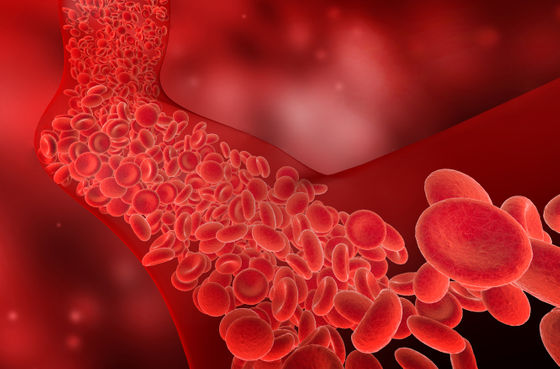People who consume a lot of xylitol have twice the risk of stroke and heart attack

In 2023, the World Health Organization (WHO)
Xylitol is prothrombotic and associated with cardiovascular risk | European Heart Journal | Oxford Academic
https://academic.oup.com/eurheartj/advance-article-abstract/doi/10.1093/eurheartj/ehae244/7683453
Cleveland clinic-led study links sugar substi | EurekAlert!
https://www.eurekalert.org/news-releases/1046958
Low-calorie sweetener xylitol linked to heart attack and stroke, study says | CNN
https://edition.cnn.com/2024/06/06/health/xylitol-heart-attack-stroke-wellness/index.html
This Extremely Popular Artificial Sweetener Is Linked to Blood Clots, Study Shows
https://www.inverse.com/health/xylitol-artificial-sweetener-blood-clot-risks
Unlike artificial sweeteners such as aspartame, xylitol is a natural sweetener extracted from oak trees. It is also low in calories compared to sugar and does not cause tooth decay, so it is widely used as a healthy sweetener in sugar-free confectioneries and toothpaste.
In a study published in the European Heart Journal on June 6, 2024, a research team led by Stanley Hazen, chief of the Department of Cardiovascular and Metabolic Sciences at the Cleveland Clinic's Learner Research Institute, examined the relationship between blood xylitol concentrations and cardiovascular events (MACE) .
They found that people with the highest xylitol intake were almost twice as likely to develop vascular disease in the brain and heart.

'When healthy volunteers drank a common beverage containing xylitol, the blood levels of xylitol increased 1,000-fold,' said Dr Hazen. 'When we ingest sugar, blood sugar levels can rise 10-20 percent, but not 1,000-fold. Humans have not consumed xylitol in such high concentrations in the past, except in the last few decades, when we have begun to eat processed foods that use xylitol as a sugar substitute.'
In 2023, a research team led by Hazen found that
It turns out that the zero-calorie artificial sweetener 'erythritol' increases blood viscosity and increases the risk of stroke - GIGAZINE

In the study, Hazen and his colleagues looked at more than 3,300 adults in the United States and Europe, measuring xylitol levels in their blood samples and tracking their risk of cardiovascular events for three years.
They found that one-third of participants with the highest blood xylitol levels were more likely to develop cardiovascular disease.
To verify this finding, the research team conducted additional experiments and found that xylitol induces platelet clotting, increasing the risk of thrombosis. They also examined platelet function in people who consumed drinks containing xylitol and glucose, and found that the platelet clotting activity increased significantly immediately after ingesting xylitol, but not after ingesting glucose.

'We're not saying you should throw away your xylitol toothpaste, but people should be aware that consuming products high in xylitol may increase their risk of developing blood clots,' Hazen said, adding that more research is needed to determine the safety of xylitol.
Related Posts:






